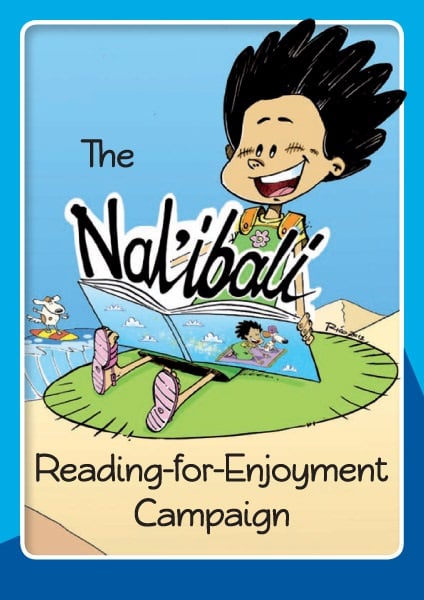
Only 7% of South African homes own more than 10 books. It is no wonder that South Africans are falling short on the reading literacy scale.
This figure is according to the national survey into the reading behaviour of adult South Africans of 2016 by the South African Book Development Council. And according to the results of the 2016 Progress in International Literacy Study 78% of Grade 4 pupils in South Africa cannot read for meaning in any language.
But how can the importance of reading be amplified in order to boost our literacy rates?
Organisations such as Nal’ibali, a national campaign that promotes reading for enjoyment and reading in African languages, has since 2012 helped to provide reading material and resources directly to the homes of millions of South Africans through its reading supplements in national newspapers.
It is a simple concept: Stories are printed on the pages of the newspaper and readers can cut them out and stick them together to form their very own book. The success of this campaign has had wide-reaching consequences. Almost 35 million copies have been distributed and children have been able to read in their mother tongue.
Managing director of Nal’ibali, Jade Jacobson, said that they had identified the need to provide reading materials to children outside of their schools.
“Books are expensive and very few are printed in indigenous languages. When schools do manage to get books, they tend to keep them for teachers to read to the class only – they’re simply too precious to risk getting damaged by children. Never mind the box, we realised we had to think outside the book to tackle this problem. That’s how our supplements came about,” she said.
The supplements are available in eight official South African languages and are distributed every second week when school terms are open.
Nal’ibali’s role in being able to provide reading materials to children in mother tongue languages is helping children to learn another language as well as value the importance of mother tongue learning.
“When children have a firm foundation of language in their mother tongue, they’re better able to learn a second language. This is of particular importance to South African school children who switch to English as the medium of instruction in Grade 4, and children who read regularly for pleasure do better across all subjects, including maths,” spokesperson for Nal’ibali Sally du Preez told City Press.
The Children’s Book Availability Report, which was released in 2016, recorded that of the books published in South Africa, only 35% of them were in the nine official African languages.
Nal’ibali’s external evaluation of the success of these supplements has proved that of those who use the supplement, the most common behaviours include reading aloud to children, adults and children reading together and children reading on their own.
“Nal’ibali is different from literacy organisations. We believe that stories are as important for literacy development as the more technical aspects of learning to read such as learning to sound, or to spell out words. These are skills that are taught in schools. Children who regularly share and enjoy books and stories in relaxed and engaging ways – and in languages they understand – are more motivated to read themselves,” Du Preez said.
Nal’ibali recently celebrated the success of World Read Aloud Day, after reaching 1.5 million children through its read aloud campaign in South Africa.
“Research shows that reading aloud is a really important part of building the language, knowledge and motivation all children require as they learn to read,” Du Preez said.
For more information about the Nal’ibali campaign, click here or find them on Facebook and Twitter.




 Publications
Publications
 Partners
Partners









